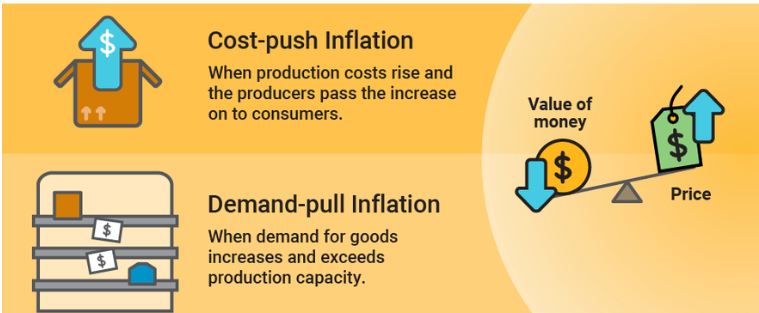How Inflation Affects Your Daily Life and Investments
Inflation isn’t just an economic buzzword you hear on the news it’s something you feel every day. From the price of groceries to the return on your retirement savings, inflation quietly impacts your lifestyle, spending habits, and financial future.
Let’s break down how inflation affects both your daily life and your investments, and what you can do to stay ahead of it.
Inflation in Daily Life
-
Rising Cost of Essentials
Groceries, fuel, and utilities are often the first places people notice inflation. A weekly shopping list that cost $100 last year may now be $110 or more, meaning your paycheck buys less. -
Housing and Rent
Inflation often pushes up home prices and rent. For homeowners, it may increase property taxes, while renters feel the pinch directly in their monthly payments. -
Healthcare and Education
These sectors often experience inflation above the national average, making long-term planning even more critical. -
Lifestyle Choices
Dining out, vacations, and entertainment get more expensive. Many households cut back or seek cheaper alternatives during inflationary periods.
Inflation and Your Investments
-
Cash Loses Value
Money sitting in a savings account may not keep up with inflation, meaning its purchasing power declines over time. -
Stocks
Historically, stocks can outpace inflation in the long run, but high inflation often leads to market volatility in the short term as interest rates rise. -
Bonds
Traditional fixed-rate bonds can struggle during inflation because future interest payments don’t buy as much. However, inflation-protected securities like TIPS (Treasury Inflation-Protected Securities) are designed to help. -
Real Estate
Property often benefits during inflation since rents and home values tend to rise. However, higher mortgage rates can make buying more expensive. -
Commodities & Precious Metals
Assets like gold, oil, or agricultural commodities often gain when inflation spikes, since they hold intrinsic value.
How to Protect Yourself from Inflation
-
Invest for Growth: Consider a balanced portfolio that includes stocks, real estate, or inflation-protected assets.
-
Reduce Debt: High-interest debt becomes harder to manage when your money buys less.
-
Diversify Income: Side hustles or passive income streams can help cushion rising costs.
-
Budget Smartly: Track expenses closely and adjust spending to account for higher living costs.
Bottom Line on How Inflation Affects Your Daily Life and Investments
Inflation may be unavoidable, but it doesn’t have to derail your financial goals. By understanding how it affects both your daily life and your investments, you can make smarter decisions that protect your purchasing power and build long-term wealth.


